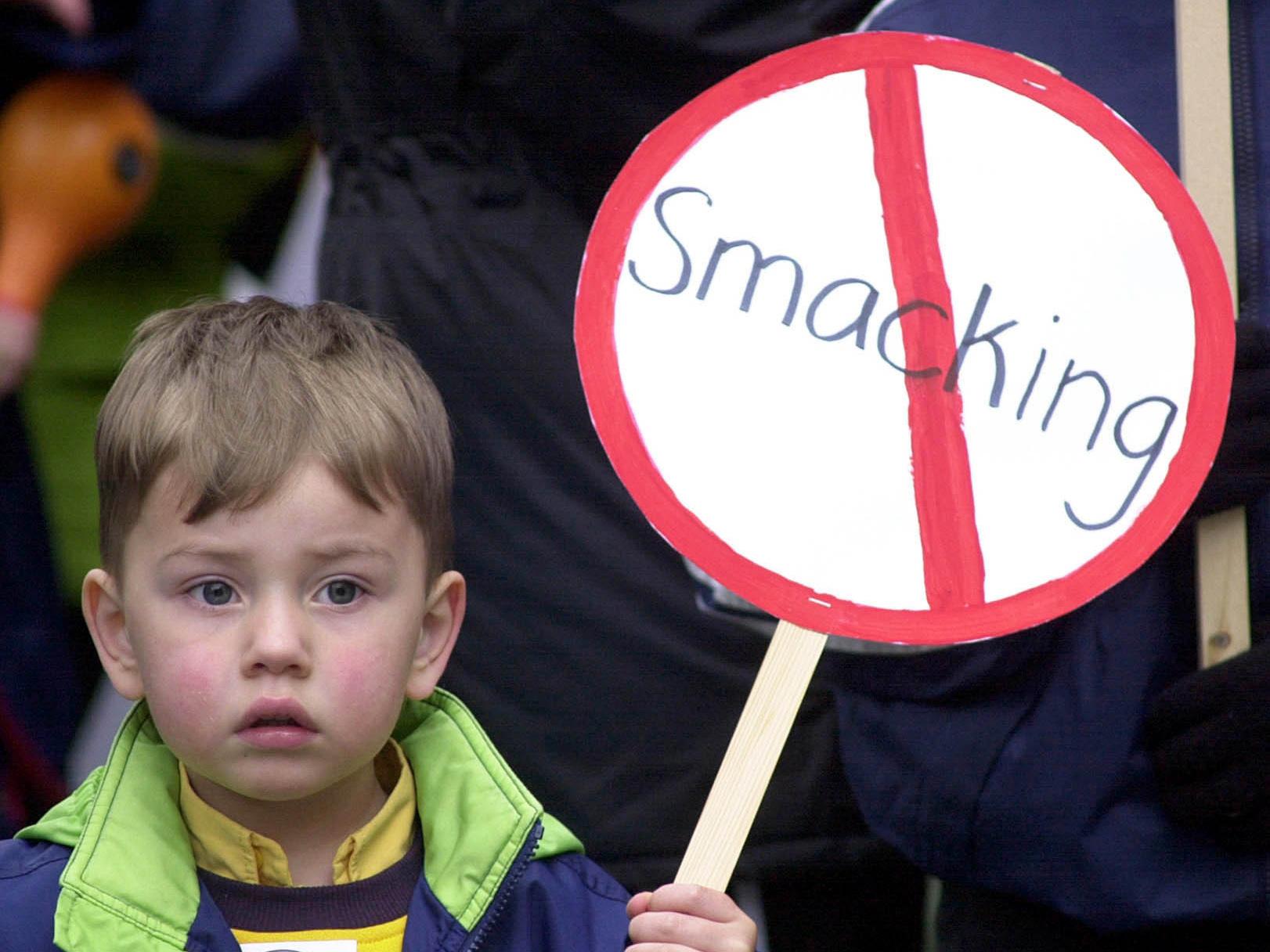Welsh government plan to ban smacking children goes to public consultation
'Now is the time to ensure it is no longer acceptable anywhere'

Your support helps us to tell the story
From reproductive rights to climate change to Big Tech, The Independent is on the ground when the story is developing. Whether it's investigating the financials of Elon Musk's pro-Trump PAC or producing our latest documentary, 'The A Word', which shines a light on the American women fighting for reproductive rights, we know how important it is to parse out the facts from the messaging.
At such a critical moment in US history, we need reporters on the ground. Your donation allows us to keep sending journalists to speak to both sides of the story.
The Independent is trusted by Americans across the entire political spectrum. And unlike many other quality news outlets, we choose not to lock Americans out of our reporting and analysis with paywalls. We believe quality journalism should be available to everyone, paid for by those who can afford it.
Your support makes all the difference.Welsh people are being asked to give their views on smacking children as the country's government proposes to ban it.
Ministers said the change will send the message that hitting children is “no longer acceptable”. Current Welsh law allows parents to use physical punishment to admonish a child.
Launching a 12-week consultation on the issue, Wales' minister for children and social care, Huw Irranca-Davies, said the ban would be part of a wider package of measures to support children.
“We want parents in Wales to be confident in managing their children’s behaviour without feeling they must resort to physical punishment,” he said. “If there is any potential risk of harm to a child then it is our obligation as a government to take action.
“Legislation was introduced many years ago to stop physical punishment in schools and childcare settings — now is the time to ensure it is no longer acceptable anywhere.”
Mr Irranca-Davies said he was aware there were differing views on the legislation, but the consultation would provide everyone an opportunity to have their say.
“As a parent of three boys myself, I know being a parent can sometimes be a challenging experience,” he added. "Children do not come with an instruction manual and sometimes parents need guidance and support to help them raise healthy and happy children."
He said it was now known that physical punishment could have “negative long-term impacts on a child’s life chances” and was an “ineffective punishment”.
The new plans would also remove the defence of reasonable punishment from offences of battery and assault.
If the ban is brought in, Wales will become the second country in the UK to end the physical punishment of children, after Scotland announced similar plans.
A spokesman for NSPCC Cymru said the charity had long campaigned for children in Wales to have the same protection against assault as adults.
“We welcome the steps being taken towards removing the defence of ‘reasonable punishment’,” he said. “Doing so is a common-sense move which is about fairness and equality for children. “It is wrong that a defence which does not exist in a case of common assault against an adult can be used to justify striking a child.
“Closing this loophole will bring Wales in line with dozens of countries around the world and finally give our children equal protection under the law.”
In Scotland, Green MSP John Finnie has introduced a Member’s Bill to Holyrood to remove the defence of “justifiable assault” in Scottish law. Ministers have already pledged to ensure the change is implemented.
Other countries that have already made the change include France, Sweden, Norway, Denmark and Ireland.
Press Association contributed to this report
Join our commenting forum
Join thought-provoking conversations, follow other Independent readers and see their replies
Comments